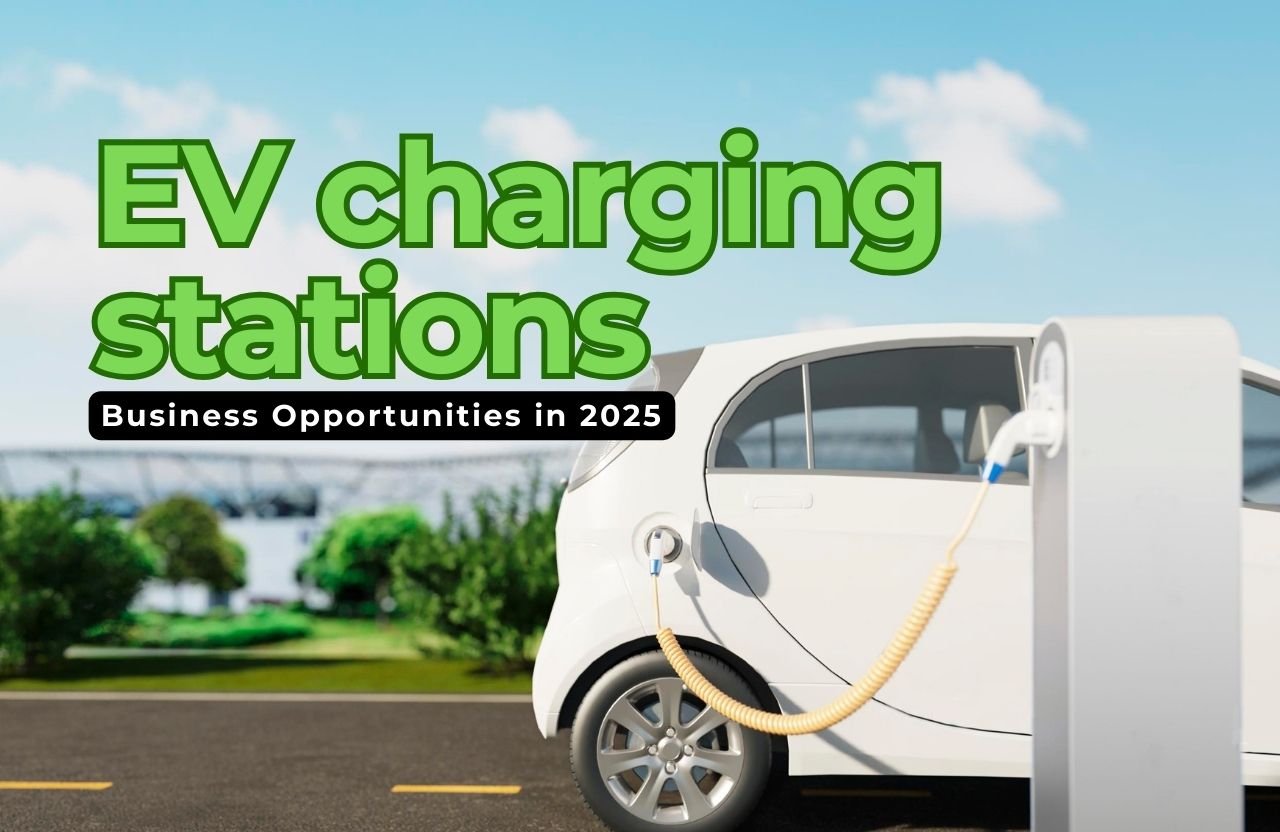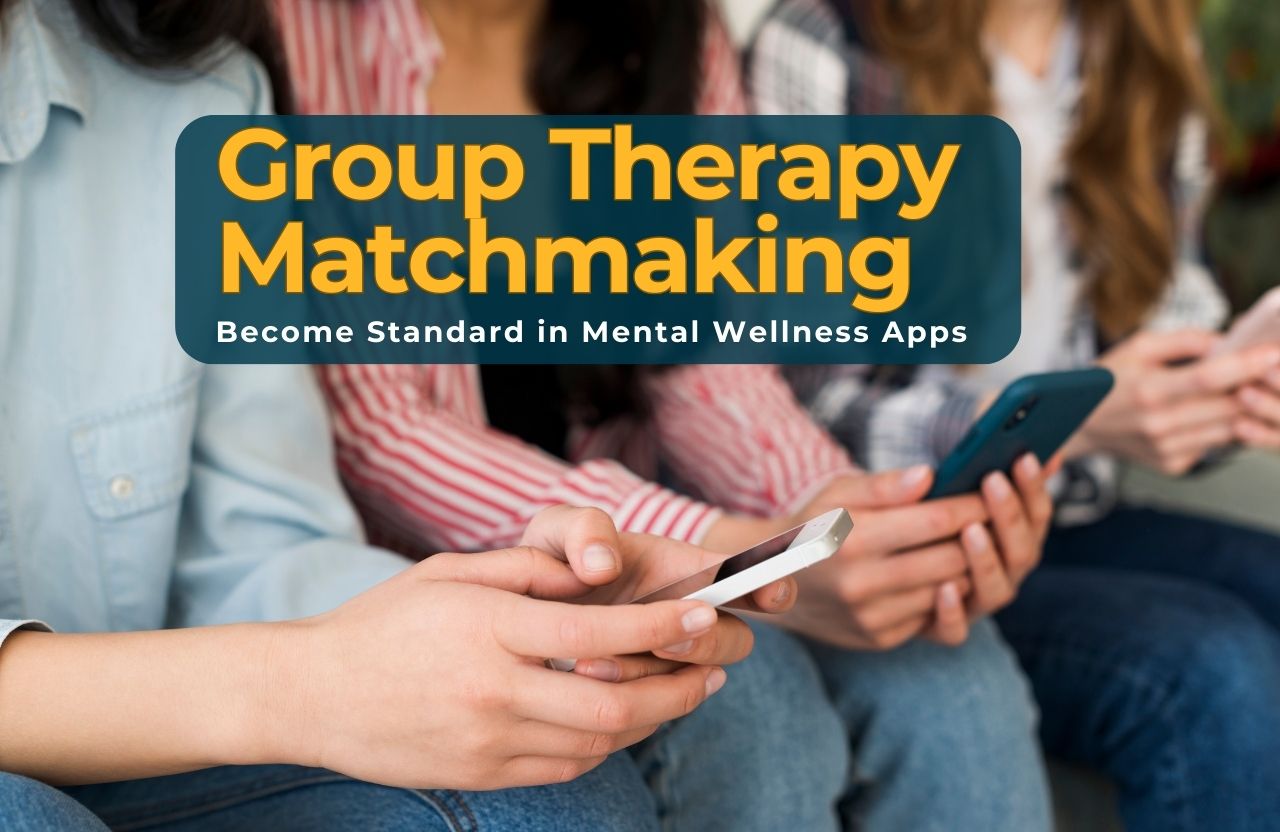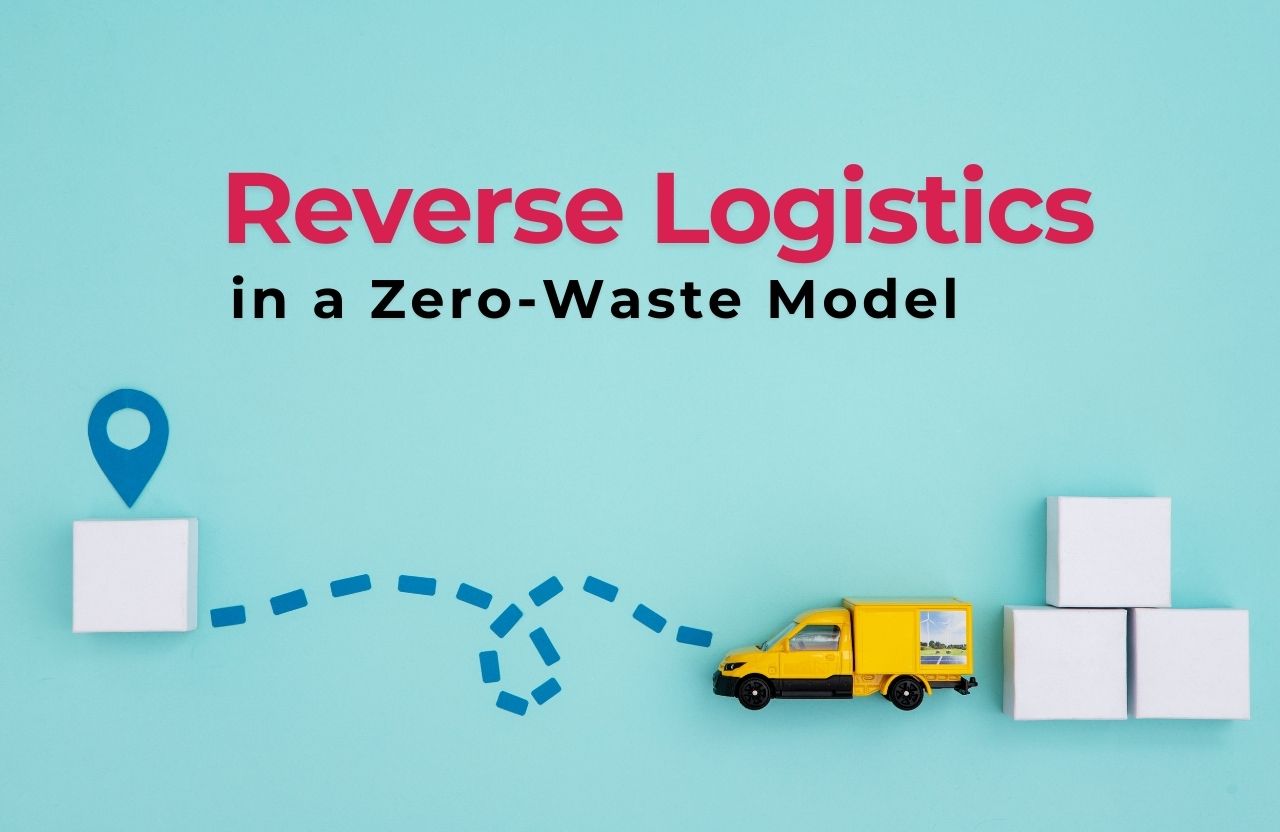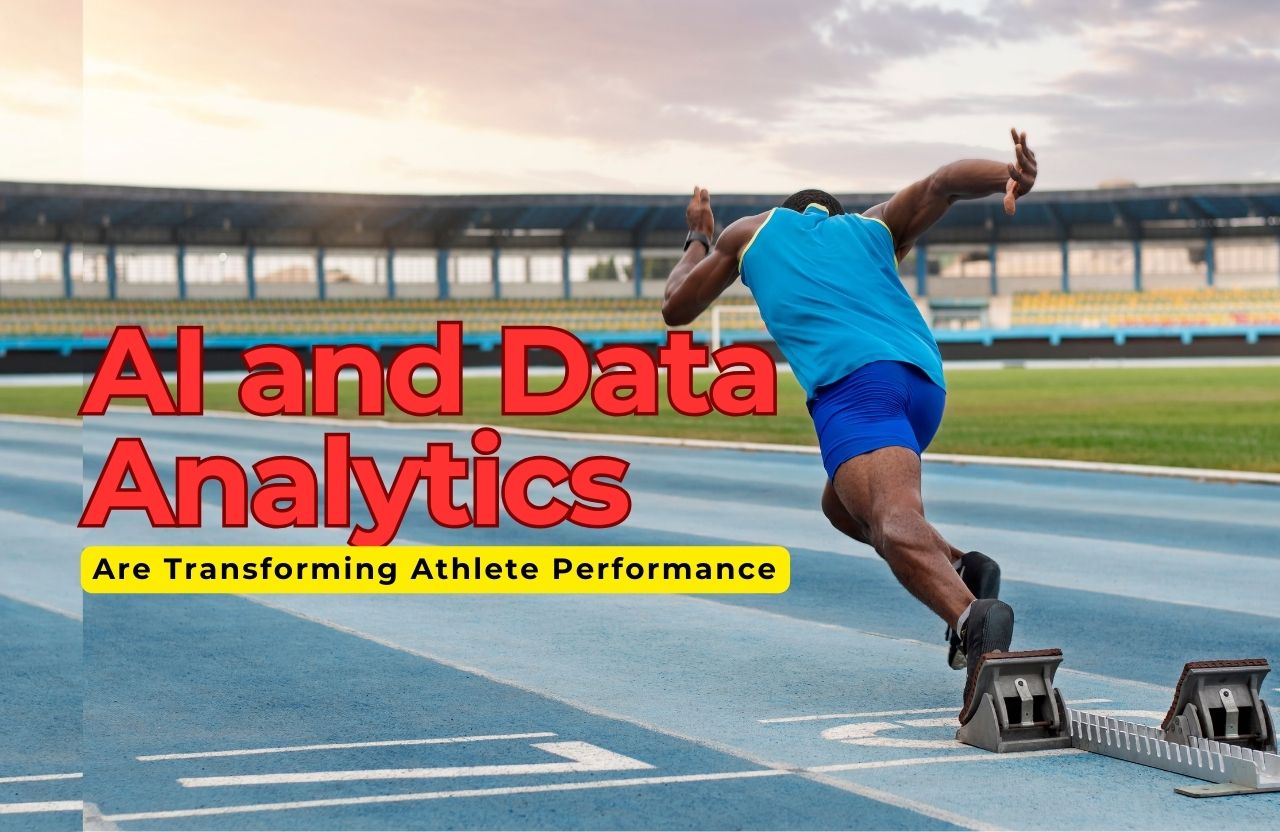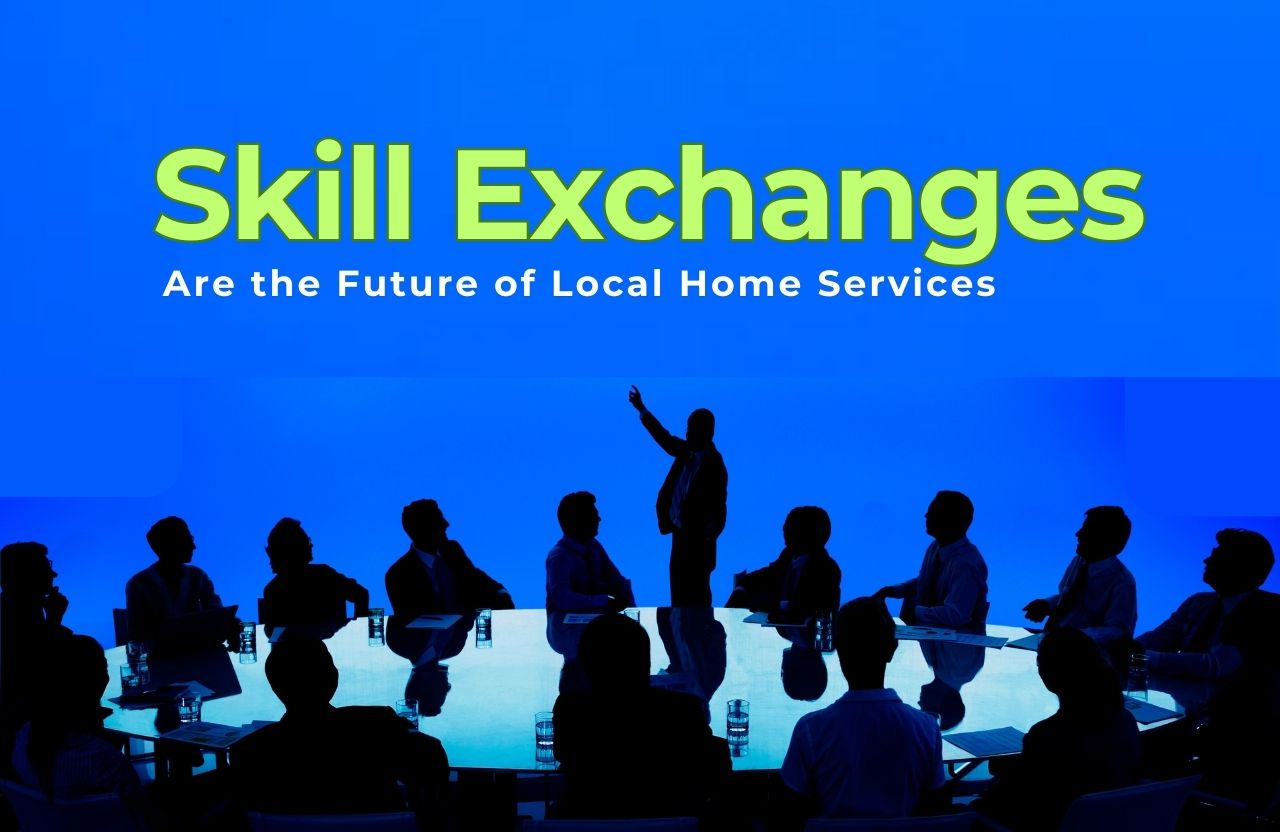The mental health crisis can no longer be ignored because increased stress, social distancing and the long end of the pandemic resulted in millions turning to their phones for digital care. Mental wellness apps are now one of the most popular app categories worldwide including meditation, access to therapy and monitoring wellness. But while demand increases, users want more than self-help exercises, they want to make connections.
One of the innovations on the horizon is group therapy matchmaking i.e., leveraging technology to pair individuals with suitable peer support groups through mental wellness apps.
In the same way that dating apps have made algorithmic matchmaking mainstream, might mental health apps be next to use a similar approach for group therapy?
Why Group Therapy Matchmaking Matters
Group therapy has been shown to enable individuals to pool their experience, normalize difficulty and lower stigma. In a study on PMC, mental health app users already report favorable experiences but indicate a desire for increased community features and peer interaction. Individual therapy is effective but can be expensive, isolating and out of reach for many.
Group therapy includes:
- Creating a sense of belonging and shared understanding.
- Reduces the cost barrier by dividing therapist time among many participants.
- Promotes accountability, motivation and continued participation.
When mental health apps use matchmaking, participants can be matched not randomly but by common needs, demographics or therapeutic objectives for more effective and tailored sessions.
How Group Therapy Matchmaking Might Work in Apps
There is an opportunity for success when technology and psychology come together for something greater. Developers might apply algorithms to:
- Compatibility Evaluation: Gathering users inputs about mental health objectives, personality traits and schedules.
- AI-Based Matching: Suggesting groups with common life experiences. For example, postpartum care, anxiety control or bereavement healing.
- Dynamic Corrections: Permitting members to change groups when progress plateaus and enhancing retention.
As GloriumTech points out, the growth in mental health app creation has already paved the way for support groups. Moving to organized group therapy is a logical progression, especially when utilized with predictive AI and real-time feedback.
Market Drivers and Business Opportunities
Expansion of mental well-being applications is driven by demand and availability. Apps offer support that is low-cost and adaptable. Bradley University says that traditional therapy is not always able to provide. Expansion presents robust business prospects for developers, investors and healthcare professionals.
From a business perspective, group therapy matching provides:
- Higher Engagement – More likelihood of users return when they create authentic connections.
- Lower Dropout Rates – Mutual accountability enhances consistency.
- Scalable Models – A single therapist can serve many and apps become cost-effective.
However, famesters point out that selling mental health apps needs more than exposure, it needs trust and community building. Selling group therapy features as a USP would help make apps stand out in a saturated market.
Challenges to Standardization
While promising, standardizing group therapy matchmaking across apps will be an uphill battle.
- Regulation and Validation
As the Global Forum has pointed out, mental health apps tend not to be clinically validated. Without regulation, group therapy could be incompatible or worse if conducted by someone who is not a competent facilitator. So therapist involvement and regulation will be critical.
- Data Privacy Issues
Group therapy entails intimate personal revelations. HIPAA/GDPR compliance and confidentiality within platforms will pose a significant challenge.
- Diverse Needs Across Populations
Mental health issues are not global. Cultural customs, language and individual preferences will invariably assure that there are no “one-size-fits-all” answers for groups.
- Cost of Development
As developers of mental health apps are aware, adding AI-driven matchmaking functionality increases costs. For tiny startups, the cost might be too prohibitive without funding from outside the company.
The Future of Group Therapy in Mental Wellness Apps
The future of mental health technology is heading toward personalization, accessibility and accountability.
- AI & Predictive Analytics: Apps will leverage AI to predict user needs, prescribing group sessions ahead of crises, in order to prevent them.
- Integration with Wearables: Smartwatches might monitor stress and prescribe group check-ins when users demonstrate early indicators of burnout.
- Blended Models: Combined therapy in which users blend individual sessions with group sessions, might become a standard of care.
- Employer Adoption: Firms might fund app-based group therapy access under employee wellness programs, particularly in high-stress professions.
Just as fitness trackers are now a normal part of digital health, group therapy matchmaking may become a baseline feature of mental wellness apps.
FAQs: Group Therapy in Mental Wellness Apps
1. What is group therapy matchmaking in mental wellness apps?
It’s a function where users are matched into therapy groups by common needs, guaranteeing compatibility and improved outcomes.
2. Why is group therapy important?
Group therapy can be an antidote for isolation, can build motivation and a lower cost alternative to individual therapy.
3. Are mental health apps regulated?
There are currently limited regulations, but experts are stressing the need for a greater level of validation and safety for users.
4. What are the advantages of mental health apps?
They provide accessibility, affordability, anonymity and social support – particularly for people who may not have access to traditional therapy.
5. Can AI improve matching for group therapy?
Yes, using profiles, feedback and progress data, AI can help create better matching and ultimately improve treatment overall.
Conclusion
The massive expansion of mental wellness apps is changing how people receive care. While individual therapy will always have its place, we are exploring the use of group therapy matching as a potential scalable, cost effective and community-based model in the near future.
With reasonable regulations and privacy considerations plus smart AI-enabled design. This could really transform how people experience therapy and heal together. Given solid regulation, privacy protections and creative AI-powered design, this feature can revolutionize not only how therapy is administered but also how individuals heal together.
As the virtual mental health industry continues to expand, the question now is: Will group therapy matchmaking soon be the new norm in mental well-being apps or will it be an experimental tool for just a handful of trailblazers?


